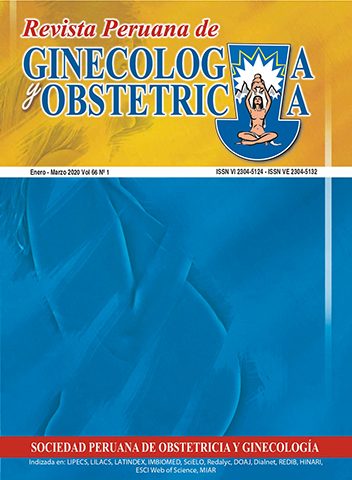Fetal programming and epigenetic modifications caused by folate
DOI:
https://doi.org/10.31403/rpgo.v66i2230Abstract
Fetal life is characterized by the ability to respond to environmental factors. Nutrition is the most important environmental factor influencing development processes by regulating epigenetic mechanisms. Identifying the role of dietary factors that modulate and remodel the fetal epigenome during development, including the methyl-group donors, is of great importance. Epigenetics studies inherited changes in gene expression not related to modifications in the DNA sequence. Folate metabolism regulates the supply of methyl groups; therefore, eating disorders may influence regulation of epigenetic mechanisms. The crucial role of folate in cell division and homocysteine conversion has been conclusively demonstrated. Because epigenetic processes are one of the pathways in fetal programming, abnormal folate delivery may lead to fetal abnormalities and risk of chronic diseases in adulthood. The objective of this review is to establish the association between fetal programming and epigenetic modifications caused by folate.Downloads
Downloads
Published
2020-02-03
How to Cite
Mejia-Montilla, J., Reyna-Villasmil, N., & Reyna-Villasmil, E. (2020). Fetal programming and epigenetic modifications caused by folate. The Peruvian Journal of Gynecology and Obstetrics, 66(1), 41–46. https://doi.org/10.31403/rpgo.v66i2230
Issue
Section
Artículos de Revisión
















